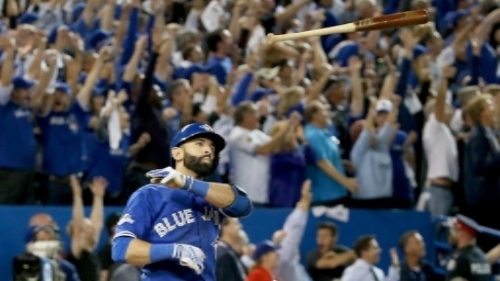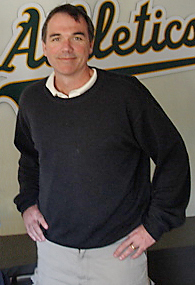What do you think?
Rate this book


Lewis was in the room with the A's top management as they spent the summer of 2002 adding and subtracting players and he provides outstanding play-by-play. In the June player draft, Beane acquired nearly every prospect he coveted (few of whom were coveted by other teams) and at the July trading deadline he engaged in a tense battle of nerves to acquire a lefty reliever. Besides being one of the most insider accounts ever written about baseball, Moneyball is populated with fascinating characters. We meet Jeremy Brown, an overweight college catcher who most teams project to be a 15th round draft pick (Beane takes him in the first). Sidearm pitcher Chad Bradford is plucked from the White Sox triple-A club to be a key set-up man and catcher Scott Hatteberg is rebuilt as a first baseman. But the most interesting character is Beane himself. A speedy athletic can't-miss prospect who somehow missed, Beane reinvents himself as a front-office guru, relying on players completely unlike, say, Billy Beane. Lewis, one of the top nonfiction writers of his era (Liar's Poker, The New New Thing), offers highly accessible explanations of baseball stats and his roadmap of Beane's economic approach makes Moneyball an appealing reading experience for business people and sports fans alike. --John Moe
317 pages, Paperback
First published January 1, 2003

It would seem to have almost nothing to do with their biceps muscles or fast-twitch fibers or even their vision, which, for most baseball players is largely the same. It would seem to have much more to do with the neural signals that impel our every movement. “It’s like saying people who can speak French very well have a very dexterous tongue,” John Krakauer, a neuroscientist at Johns Hopkins University, told me. “It would be the wrong place to assign the credit.”





And now that I’ve read this book, I think I’ll see the movie.


The sheer quantity of brain power that hurled itself voluntarily and quixotically into the search for new baseball knowledge was either exhilarating or depressing, depending on how you felt about baseball. The same intellectual resources might have cured the common cold, or put a man on Pluto; instead, it was used to divine the logic hidden inside a baseball game, and create whole new ways of second guessing the manager.
Moneyball by Michael Lewis (Page 81)